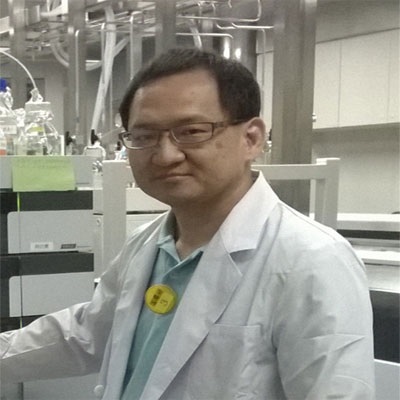
Title: The Potentially Toxic Metals in Mangrove Sediments after Years of Piggery Farming Bans in Peninsular Malaysia: An ecological-health risk study
Abstract:
Before 1998, piggery agricultural wastes were said to have caused a significant Cu and Zn contamination of the Sepang Besar River (SBR). The current study aims to evaluate the ecological-health risks of potentially toxic metals (PTMs) in the mangrove surface sediments from the SBR estuary following the piggery farming ban (PFB) in 1998 in Bukit Pelanduk. PTMs from samples of current sediment taken in 2007 and 2010 were compared to those published before and after PFB. Cu and Zn test findings were significantly worse overall than those reported before or during the PFB. Based on the Cu, Pb, and Zn pathways, it was determined that there were no ecological or health problems associated with the three metals from the three rivers. After 9 and 12 years of PFB, the SBR estuary in particular, had significantly decreased Zn levels. After 9 and 12 years of PFB, the prospective ecological risk index revealed that the estuary of SBR had improved from "significant ecological risk" to "minimum ecological risk." The ecological and health concerns of Cu, Pb, and Zn in the SBR estuary are discussed in this research.
Biography:
Prof. Dr. Chee Kong Yap has been working as a full professor at Universiti Putra Malaysia (UPM) since 2021. Prof Yap has been an academician for more than 18 years at UPM and 23 years as a researcher. Prof Yap has supervised more than 80 undergraduates and 30 postgraduate students in the fields of ecotoxicology, environmental biology, environmental sciences, water quality and ecotoxicological genetics. Prof Yap has published more than 325 papers in refereed academic journals, 5 books (three of them published in NOVA Science Publishers, USA) and 32 book chapters. As on January 2023, 231 of them have now been indexed in Elsevier’s Scopus with an H-index of 32 (>2951 citations). Prof Yap has also been invited in honorary as Editorial Board members for more than 30 international academic journals. Nationally, Prof Yap has been officially appointed as an Adjunct Professor at INTI International University Malaysia. Internationally, Prof Yap has been officially appointed as a Visiting Professor at Kobe University, Japan.

